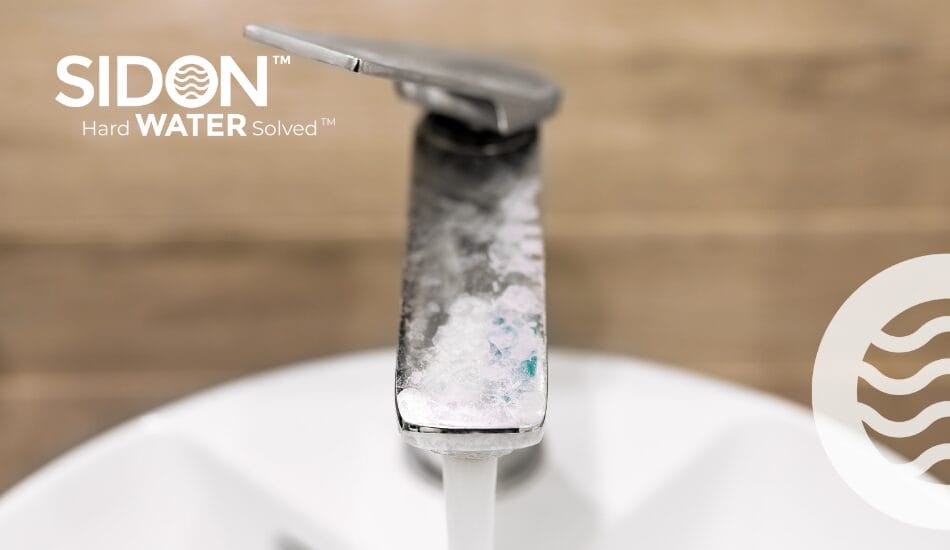Hard water in businesses can significantly impact operations. And in the world of commerce and industry, every detail matters. From efficient processes to cutting-edge technology, businesses are always on the lookout for ways to optimise their operations.
However, hard water is sometimes an often-overlooked factor that can have a significant impact on a company. Hard water in businesses may seem like a minor concern, but its presence can quietly wreak havoc in surprising ways. In this blog, we’ll dive into the intriguing world of hard water in businesses and uncover its hidden costs and challenges.
Hard Water in Businesses: The Unseen Enemy
Hard water is not your typical villain in the business world. Unlike a disruptive competitor or a sudden economic downturn, hard water in businesses operates in the background, gradually eroding profits and efficiency.
Hard water is the result of dissolved minerals, primarily calcium and magnesium, in your water supply. While these minerals are harmless to your health, they can be quite problematic for your business.
One of the most immediate impacts of hard water in businesses is the wear and tear it inflicts on equipment. From boilers and water heaters to dishwashers and cooling systems, hard water deposits build-up on the inner surfaces of these machines, creating a layer of scale. This scale can reduce efficiency, increase maintenance costs and even lead to equipment breakdowns. The constant battle against scale can drain valuable resources and disrupt operations.

Reduced Efficiency
Efficiency is the lifeblood of any successful business, and hard water is its silent saboteur. Scale build-up not only decreases equipment efficiency but also impacts the effectiveness of cleaning agents. This means longer production times, higher energy bills, and lower-quality results. In industries like manufacturing and food processing, where precision and consistency are crucial, the consequences of hard water can be devastating.
Increased Costs
Hard water doesn’t just affect the machinery; it also affects the finances. The costs associated with increased maintenance, repairs and energy consumption can add up quickly. In addition, businesses may need to invest in water softening systems or alternative water sources to mitigate the impact of hard water. These upfront expenses, while necessary, can strain budgets and divert funds from other critical areas.
Reputation At Stake
Beyond the tangible costs, hard water can harm a business’s reputation. In industries like hospitality and restaurants, customers expect sparkling glassware, spotless dishes, and soft linens. Hard water stains and residue can turn customers away tarnishing a business’s image. Negative reviews and word-of-mouth can be challenging to overcome.

Sustainability Matters
In today’s world, environmental sustainability is a pressing concern for businesses. Hard water’s impact goes beyond economic and reputational aspects; it’s also an environmental issue. The increased energy consumption associated with scaling affects a company’s carbon footprint. Taking steps to combat hard water can align your business with eco-conscious practices.
To Conclude
Hard water may not be as flashy or immediate as other business challenges, but its pervasive presence can’t be underestimated. From increased equipment maintenance to decreased efficiency, higher costs, and potential damage to reputation, hard water poses intriguing challenges to businesses of all sizes and industries.
Recognising its impact and taking proactive measures to combat it can ultimately lead to improved operations, cost savings, and a brighter future for your business. So, next time you turn on the tap, remember that the water quality can impact more than just your morning coffee—it can shape the future of your business.
We can help you catch the Culprit.
Contact us today to find out about our solution to hard water problems. Our team of experts will help you find the best solution tailored to your business’s needs, ensuring efficient and effective water treatment for optimal results.
